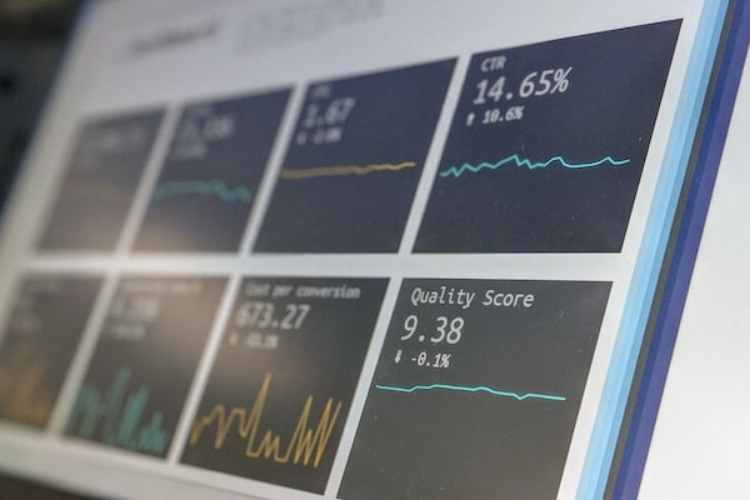Data analytics can provide businesses with insights and knowledge about their customers, which can help to identify areas for improvement and growth. Additionally, data analytics can help companies to track their progress and performance over time. In this article, we will discuss the meaning of data analytics and how data analytics can help businesses to grow and improve. Keep reading to learn more about data analytics.
What is data analytics?
A data analytics platform is a software system that enables analysts and business users to transform data into insights. The platform provides a comprehensive set of data preparation, discovery, visualization, and analysis capabilities. It enables users to find and use the correct data, understand it better, and act quickly. The data analytics platform should be able to integrate with the organization’s existing infrastructure, including data warehouses, data lakes, and big data platforms. It should also be able to connect to various data sources, including internal data stores, cloud-based data services, and social media data.
There are some general steps for setting up a data analytics platform. The first step in setting up data analytics is defining your project goals. What do you hope to achieve by analyzing your data? What questions do you want to be able to answer? Once you know what you want to achieve, you need to gather the data you will need to complete it. This can include data from internal systems, as well as data from external sources.
Once you have your data, you need to set up the infrastructure that will allow you to analyze it. Infrastructure may include a data warehouse or a data lake. Next, you need to map your data to be analyzed appropriately. Mapping includes defining the structure of your data and identifying the relationships between different data sets. After you map your data, you can start to analyze it to achieve your goals. This may include using data mining techniques, machine learning algorithms, or statistical analysis.
How does data analytics improve business growth?
Data analytics provides advice to businesses, no matter what type of business. For example, data analytics can provide advice for growing a business focused on food and nutrition to give the company information to understand its current state and areas for improvement. Businesses can better understand customer behavior, marketing campaigns, and website traffic by analyzing data. This information can help companies to make more informed decisions about where to allocate resources to grow the business.
For example, data analytics might show that a particular marketing campaign was ineffective or that a specific product is not selling well. With this information, a business could discontinue the marketing campaign or redesign the product. Data analytics can also help companies to track their progress over time. Tracking progress over time measures the effectiveness of changes made to the company and determines whether or not they are having a positive impact on growth.
What are the typical applications of data analytics?
Data analytics works in any industry and for any organization, but some of the most common data analytics applications include marketing and finance. In marketing, data analytics can help marketing professionals understand customer behavior and identify and track marketing campaign results. There are a variety of different marketing data analytics tools and techniques that can be used, depending on the type of data. Some standard methods include clustering, segmentation, and predictive modeling.
The purpose of clustering is to identify homogeneous groups of customers and to understand their needs and behaviors. Segmentation divides customers into groups based on their characteristics. Predictive modeling is a technique that uses historical data to predict future customer behavior. Predictive modeling identifies which customers are most likely to respond to a marketing campaign or forecast future sales revenue.
Data analytics help banks and other financial institutions make better business decisions in the finance industry. Banks rely on analytics to measure the performance of their investments and identify opportunities for cost savings. By analyzing customer data, banks can better understand the products and services their customers value most.
